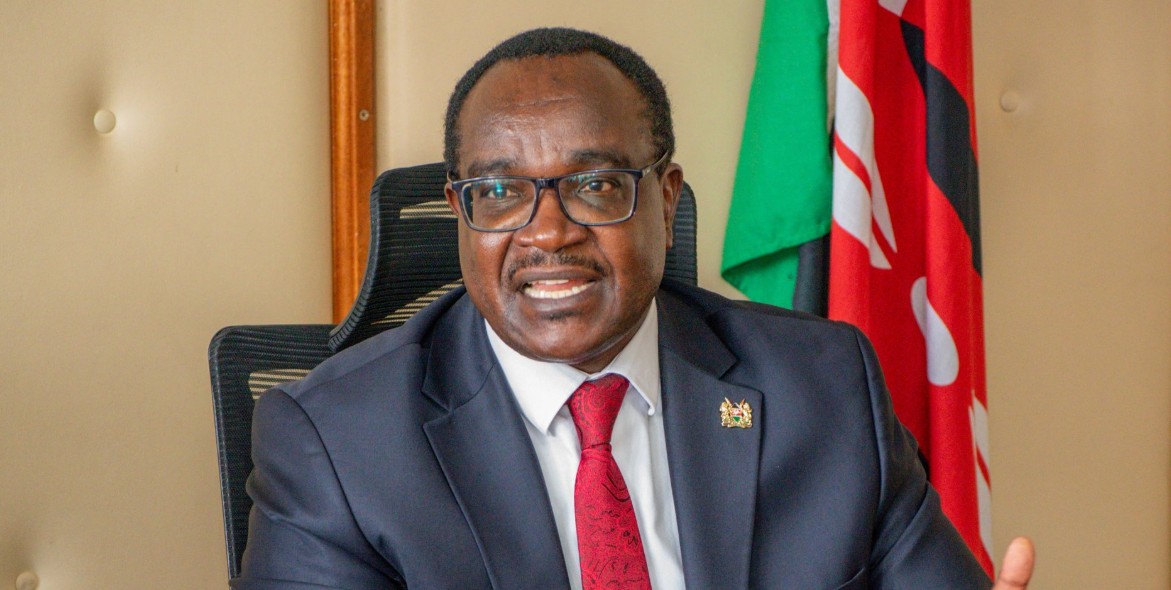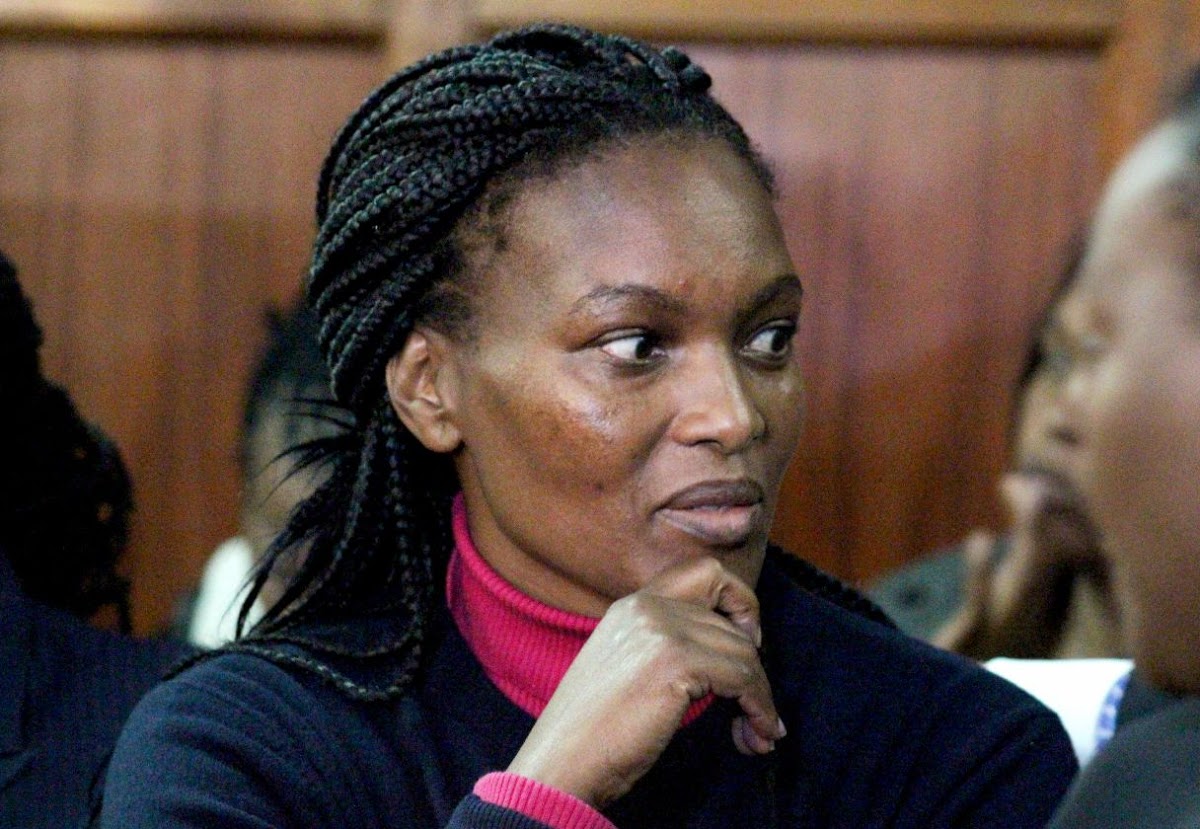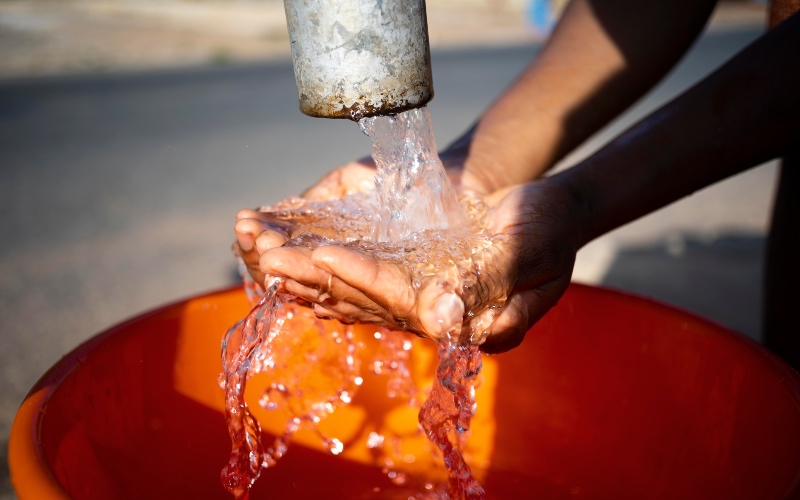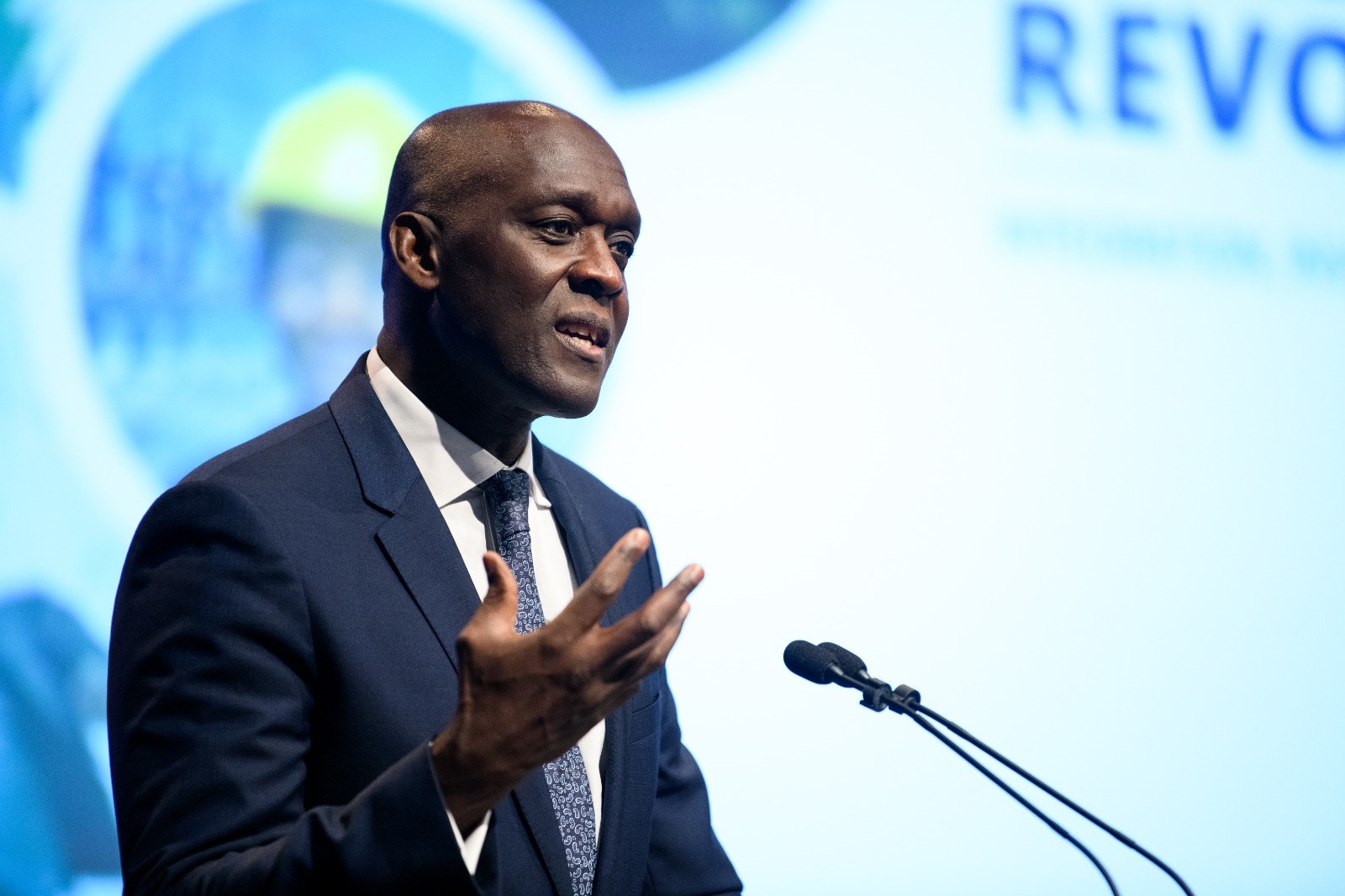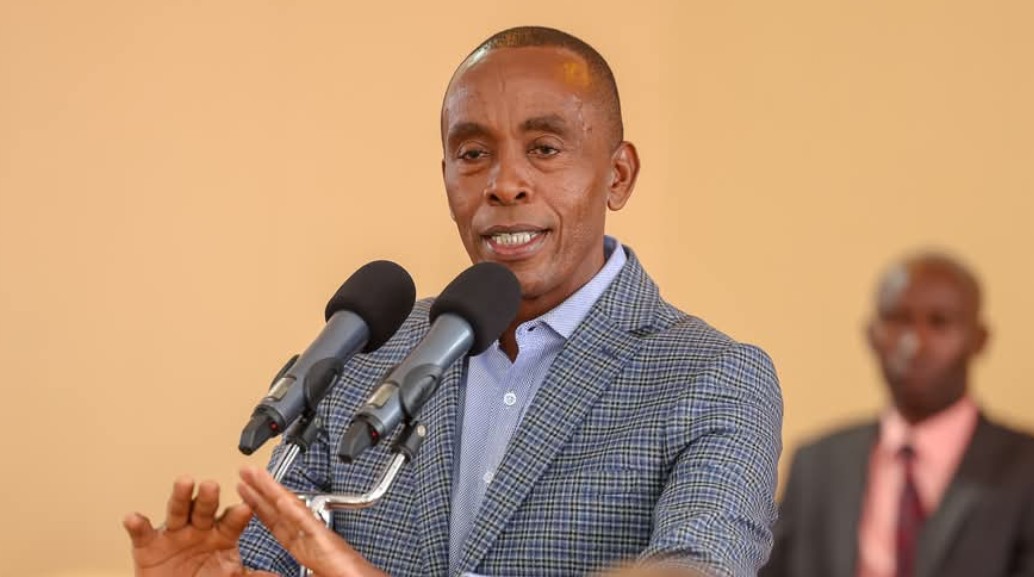Healthcare hurdles facing pregnant mothers as WHO launches safety charter
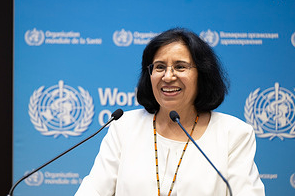
The social class divide continues to cast a long shadow over the country, leaving many to grapple with accessing essential services. This struggle is especially hard-hitting for pregnant women from low-income areas. It is against the backdrop of these issues that the World Health Organization (WHO) launched the first-ever Patient Safety Rights Charter to guide doctors.
The charter outlines patients’ rights in the context of safety, "and will support stakeholders in formulating the legislation, policies and guidelines needed to ensure patient safety."
In Kenya, a number of patients have faced numerous challenges in public facilities and now hope the charter will protect them.
Caroline Wairimu, now 40 years old, recalls a challenging ordeal in 1997 at a public hospital in Nairobi when she was just 13 years old.
"I remember being confined to the hospital for a month because I couldn't come up with the Sh6,000 needed for me to be discharged. The situation was incredibly tough; I barely got any sleep as I had to share a bed with two other new mothers," Wairimu says.
Being locked in the hospital due to an unpaid bill was not only financially distressing but also emotionally draining.
"Every day, I watched other mothers being discharged while I remained in the hospital. The staff started to see me as a burden because they had to provide for me, and I couldn't even settle my bill," she says, tears welling in her eyes.
Wairimu explains that this traumatic experience haunted her for a long time. Being young and naive, she felt incredibly vulnerable and didn't know what steps to take.
"I felt so helpless because my parents couldn't raise the money. Eventually, a kind-hearted social worker paid half of the bill, and with my family raising the rest, I was finally discharged," she recalls. "Every day, I felt the sting of whispers and judgment from other mothers who looked at me with a mix of pity and disdain. It's an experience I wouldn't wish on any woman."
Jackline Kwamboka, a 24-year-old mother from Nairobi, shares the trauma she endured during the COVID-19 pandemic due to neglect.
"I remember giving birth alone in the hospital because I was too afraid to call the irritable nurse on duty. Sadly, my baby passed away from meningitis six months later," she says, her eyes filled with tears.
Jackline recounts being shuffled from one hospital to another without receiving proper treatment, which ultimately led to her child's death.
"When I became pregnant again, I was filled with fear at the thought of going to a public hospital because of my previous traumatic experience, but my options were limited," she shares.
Living in a low-income area presents its own set of challenges, and many feel they have no choice but to seek care at public hospitals.
"This was my first child, and I had no one to support me in the hospital since I wasn't on good terms with my parents," Jacqueline adds.
Other Topics To Read
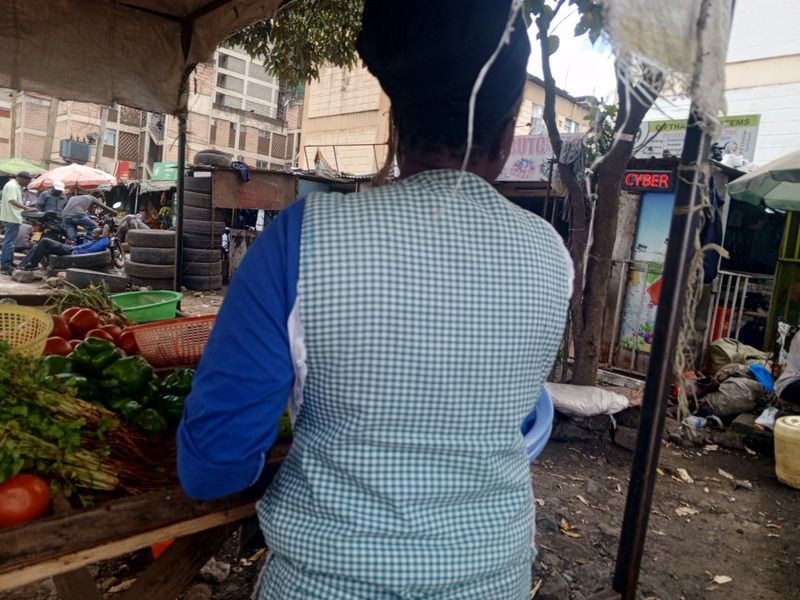 Caroline Wairimu selling groceries. (Charity Kilei)
Caroline Wairimu selling groceries. (Charity Kilei)
Priscilla Nyawira, a mother of one, shares her own experience with the Eastleigh Voice, noting that, she found the workers in the public hospital she attended to be very caring.
"The main challenge was with meals. They prioritized the most vulnerable patients, and those who could afford it had their families provide meals," she says.
Priscilla explains that the strict visiting hours were a problem, and any delays from family members could be quite inconvenient.
The heartfelt stories of Caroline, Jackline, and Priscilla illuminate the struggles faced by many women in low-income areas when trying to access quality healthcare.
Healthcare Negligence
Many hospitals have been in the spotlight in Kenya for negligence.
The CEO of Kenya Medical Practitioners and Dentists Council (KMPDC), Dr David Kariuki early this year revealed an increasing number of Kenyans are filing complaints regarding unfair billing practices by hospitals. The data showed that it's the fourth most common type of complaint, making up 7 per cent of the total grievances.
Doctors specializing in pregnancy and childbirth face the most frequent lawsuits among medical professionals in Kenya, according to a review of patient complaints over the past five years.
Between 2019 and 2023, obstetrics and gynaecology accounted for the highest number of complaints, comprising 26 per cent of the total filed with the KMPDC. General surgery followed with 12 per cent of complaints, and internal medicine was next at 11 per cent.
The analysis included 484 complaints submitted between 2019 and the end of 2023, with 227 cases still awaiting resolution. Since 1997, patients have filed at least 1,534 complaints.
"These complaints target not only individual doctors but also the healthcare facilities where they practice," Dr. Kariuki noted.
He also pointed out that the council received 94 complaints last year, a decrease from 110 in 2022, 90 in 2021, 80 in 2020, and 110 in 2019.
Globally, obstetrics and gynaecology practitioners are more likely to face lawsuits due to the higher risks associated with their field, where errors are more common.
WHO's safety charter at the Global Ministerial Summit outlined 10 patient safety rights to guide stakeholders in creating legislation, policies, and guidelines for ensuring patient safety.
Globally, one in ten patients experiences harm in healthcare, and about 50 per cent of this harm is preventable. Issues compromising patient safety include avoidable errors such as unsafe surgical procedures, medication errors, misdiagnosis, and poor injection practices.
It aims to reduce risks and prevent harm by addressing issues like timely and appropriate care, safe healthcare processes, competent staff, and patient and family engagement.
The Charter covers 10 patient safety rights crucial to mitigate risks and prevent inadvertent harm, which include the right to timely, effective, and appropriate care, the right to safe health care processes and practices, the right to qualified and competent staff and the right to patient and family engagement amongst others.
“Everyone, everywhere, has the right to safety as a patient. The launch of the Charter is a tangible step forward in achieving a safer, more equitable world. The charter will be a key resource in assisting countries in integrating essential concepts such as patient and family engagement, equity, dignity, and access to information into their healthcare systems,” said the Head of Patient Safety Flagship Unit at WHO, Dr Neelam Dhingra.
Top Stories Today

